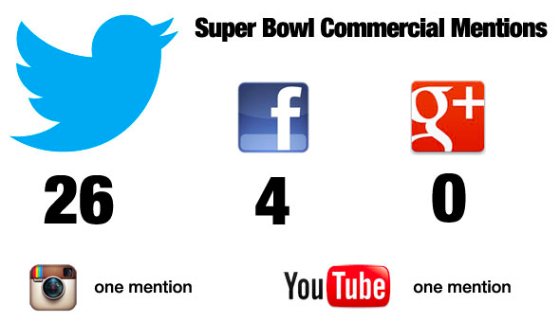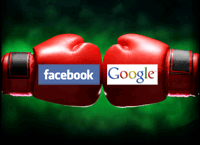Identity
Author:
Mark Dixon
Thursday, December 1, 2011
7:24 am
 Intent: “something  to be done or brought about”
Intent: “something  to be done or brought about”
Back in November, 2005, I began blogging about a concept I referred to as “Core Identity“:
A fundamental premise undergirding the Identity Map is that each person is unique. This unique “Core Identity” can be identified or described by attributes categorized into Names, Characteristics, Relationships, Roles, Location, Experience, Knowledge and Reputation. Each attribute adds to the fundamental uniqueness of each individual.
I still believe that fundamental premise is sound, and that the categories of Identity attributes are still relevant. Â However, I believe a ninth category should be added: “Intent.”
This concept began to crystallize in my mind as I was listening to a podcast by Robert Scoble, referenced in his blog post, “The game of all games: content and context (why Mark Zuckerberg, Marc Benioff, and Larry Page are carving up the social world).” Thanks to Johannes Ernst for sharing this link on Facebook.
The basic premise of Robert’s post and podcast is that Google and Facebook are fighting to become the premier Identity providers in the world – but not primarily for authentication and authorization services, as we Identity Management professionals commonly think of Identity – but as a means to addictively capture the hearts and minds of the people in the world in order to sell advertising. After all, both companies are essentially advertising channels, whose real customers are not those of us who visit their sites, but the advertisers who pay them money.
That is where Intent comes in. Â The most valuable commodity Google and Facebook can sell to their advertising customers is the Intent of the people who visit their sites – the Intent to explore, to examine, and ultimately, to buy. Â The better either company can be at determining the Intent of their users, the better they are prepared to rake in the bucks from companies who advertise with them.
Intent, therefore, is a critical component, perhaps the most important component, of Identity, from the perspective of Google and Facebook.
But Intent is rarely overtly declared by a user. Â Intent is predicted, based on a relentless, real time examination of all other aspects of a person’s identity – their Names, Characteristics, Relationships, Roles, Location, Experience, Knowledge and Reputation. Â All of these are more historical in nature – attributes that may be accumulated and studied in a more historical context. Â But Intent is more real time. Intent is what a person wants to do right now or in the near future. Â It is more a prediction of things to come than what happened in the past.
So how do companies like Google and Facebook determine Intent? Â More and more, it is by capturing and analyzing how individuals interact with the online world. Â The “verbs” of online interaction are particularly telling:Â search, post, comment, share, like, tag, read, watch, encircle, listen, play, visit. Â If Google or Facebook can capture how you do all those things, they can infer your intent and deliver to you the content and advertising that are most aligned with your current intent. Â That will enable their advertising revenue to increase (which is their real motive). Â That is why both Google and Facebook are aggressively rolling out new features along the lines of those verbs – the more they know about your online actions (evidenced by how you use those verbs), the better able they are to predict your Intent, and consequently enable advertisers to capture your money.
Predicting the future is never easy. But that is exactly what Google and Facebook are trying to do – by predicting our Intent, based on how we interact with them. Facebook and Google covet your eyeballs, your fingertips and your pocketbooks, and intend (pun intended) to capture all of them.
My advice: Â Be aware! Keep your eyes wide open, your fingertips constrained, and your wallet firmly in your pocket.



 Much has been said recently (
Much has been said recently ( Earlier this week, just days before Facebook’s IPO would launch, GM announced that it was
Earlier this week, just days before Facebook’s IPO would launch, GM announced that it was 



 I used to envy Google and the vast digital empire that Schmidt commanded. Â Google had one of the most intricate monopolies of all time. It had the most impressive dataset the world had ever seen; the most sophisticated algorithm to make sense of it; an audience of a billion users expressing their interest; and more than a million advertisers bidding furiously to reach those consumers at just the right moment.
I used to envy Google and the vast digital empire that Schmidt commanded. Â Google had one of the most intricate monopolies of all time. It had the most impressive dataset the world had ever seen; the most sophisticated algorithm to make sense of it; an audience of a billion users expressing their interest; and more than a million advertisers bidding furiously to reach those consumers at just the right moment.
 We call linkages between people “relationships”. In my
We call linkages between people “relationships”. In my